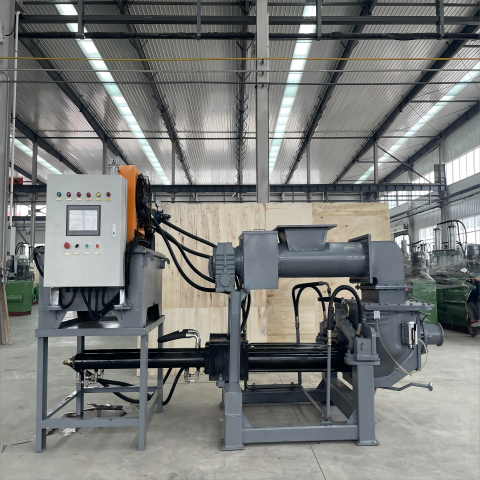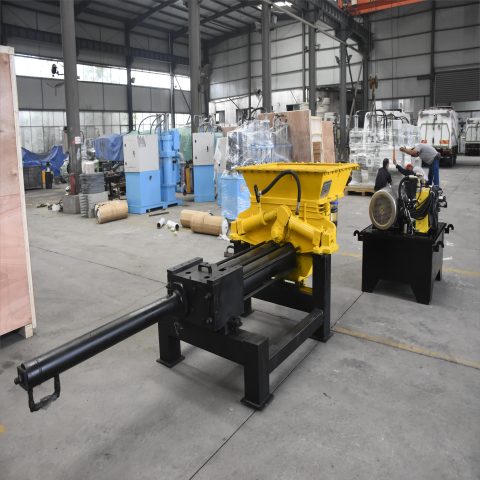Balancing Efficiency and Safety: Why Viscous Material Transfer Pumps Are the Preferred Equipment for Municipal Sludge Treatment?
创始人
2025-09-05 14:41:30
0次

I. Efficiency Dimension: Effectively Breaking the "Low-Efficiency Bottleneck" in Sludge Conveyance
II. Safety Dimension: Fully Building a "Protective Barrier" for Sludge Treatment
III. Conclusion: The "Dual Essential Requirements" of Efficiency and Safety Determine Its Preferred Status
相关内容
热门资讯
Special feed pu...
The YNW series tailings conveying pumps feature a ...
Source manufact...
Xianyang Huaxing plunger pump is a ceramic plunger...
I finally figur...
Plunger pumps are believed to be very familiar to ...
From Hydraulic ...
In the field of industrial fluid transfer and powe...
Huaxing Filter ...
In the solid-liquid separation processes of indust...
Still troubled ...
This filter press will completely transform the wa...
How should we i...
It is probably the common aspiration of bosses who...
What are the pr...
What Are the Precautions for Operating a Ceramic P...
Ceramic Plunger...
Xianyang Huaxing Pump Industry Co., Ltd. is an exp...
Choosing Betwee...
Choosing Between the YB Hydraulic Ceramic Plunger ...

